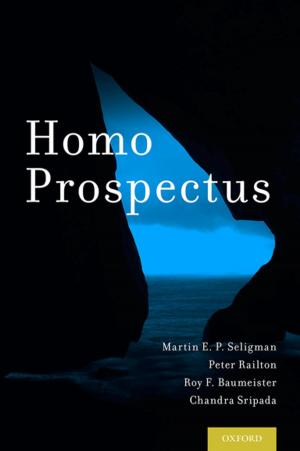Archaic and Classical Greek Sicily
A Social and Economic History
Nonfiction, History, Ancient History, Greece| Author: | Franco De Angelis | ISBN: | 9780190613990 |
| Publisher: | Oxford University Press | Publication: | March 1, 2016 |
| Imprint: | Oxford University Press | Language: | English |
| Author: | Franco De Angelis |
| ISBN: | 9780190613990 |
| Publisher: | Oxford University Press |
| Publication: | March 1, 2016 |
| Imprint: | Oxford University Press |
| Language: | English |
Ancient Greek migrants in Sicily produced societies and economies that both paralleled and differed from their homeland. Explanations for these similarities and differences have been hotly debated. On the one hand, some scholars have viewed the ancient Greeks as one in a long line of migrants who were shaped by Sicily and its inhabitants. On the other hand, other scholars have argued that the Greeks acted as the main source of innovation and achievement in the culture of ancient Sicily, a culture that was still removed from that of mainland Greece. Neither of these positions is completely satisfactory. What is lacking in this debate is a basic framework for understanding ancient Sicily's social and economic history. Archaic and Classical Greek Sicily represents the first ever systematic and comprehensive attempt to synthesize the historical and archaeological evidence, and to deploy it to test the various historical models proposed over the past two centuries. It adopts an interdisciplinary approach that combines classical and prehistoric studies, texts and material culture, and a variety of methods and theories to put the history of Greek Sicily on a completely new footing. While Sicily and Greece had conjoined histories from the start, their relationship was not one of periphery and center or of colony and state in any sense, but of an interdependent and mutually enriching diaspora. At the same time, local conditions and peoples, including Phoenician migrants, also shaped the evolution of Sicilian Greek societies and economies. This book reveals and explains the similarities and differences between developments in Greek Sicily and the mainland, and brings greater clarity to the parts played by locals and immigrants in ancient Sicily's impressive achievements.
Ancient Greek migrants in Sicily produced societies and economies that both paralleled and differed from their homeland. Explanations for these similarities and differences have been hotly debated. On the one hand, some scholars have viewed the ancient Greeks as one in a long line of migrants who were shaped by Sicily and its inhabitants. On the other hand, other scholars have argued that the Greeks acted as the main source of innovation and achievement in the culture of ancient Sicily, a culture that was still removed from that of mainland Greece. Neither of these positions is completely satisfactory. What is lacking in this debate is a basic framework for understanding ancient Sicily's social and economic history. Archaic and Classical Greek Sicily represents the first ever systematic and comprehensive attempt to synthesize the historical and archaeological evidence, and to deploy it to test the various historical models proposed over the past two centuries. It adopts an interdisciplinary approach that combines classical and prehistoric studies, texts and material culture, and a variety of methods and theories to put the history of Greek Sicily on a completely new footing. While Sicily and Greece had conjoined histories from the start, their relationship was not one of periphery and center or of colony and state in any sense, but of an interdependent and mutually enriching diaspora. At the same time, local conditions and peoples, including Phoenician migrants, also shaped the evolution of Sicilian Greek societies and economies. This book reveals and explains the similarities and differences between developments in Greek Sicily and the mainland, and brings greater clarity to the parts played by locals and immigrants in ancient Sicily's impressive achievements.















